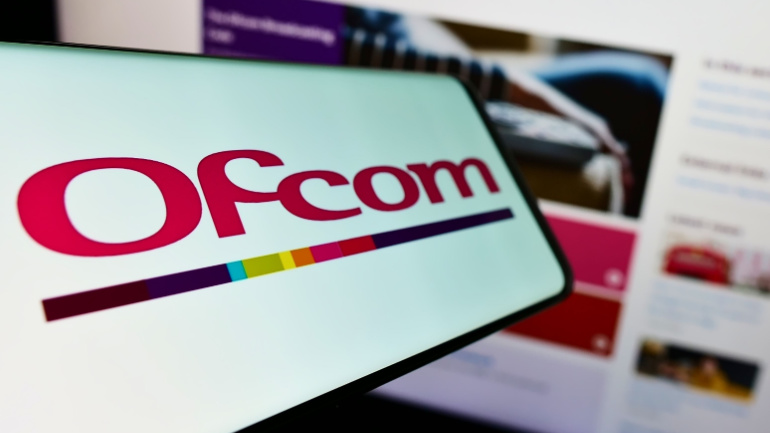As the new year unfolds, Vodafone has released a compelling report, underscoring the urgent need for regulatory reforms to bolster Europe’s telecommunications sector. The report, titled “Why Telecoms Matters,” paints a stark picture of the challenges Europe currently faces, emphasizing the pivotal role of mobile technology and digital transformation in overcoming these obstacles.
Ofcom’s recent quarterly report reveals a surge in customer complaints against Virgin Media, prompting scrutiny into its cancellation policy. Despite contention from VMO2, the report paints a stark contrast between Virgin Media’s dissatisfaction rates and Sky’s remarkable customer approval.
Discover Altnets and ISPA’s newly launched report’s deep dive into UK’s full fibre broadband sector. Unearth historical setbacks and the transformative impact of procurement strategies in this detailed analysis. Insight-packed, it fosters understanding of the sector’s intricacies and highlights Altnets’ contribution to the gigabit broadband transition.
VMO2 is set to bolster its workforce with 200 new roles, an exciting prospect for those seeking to embark on careers in the dynamic telecommunications industry. While this initiative presents a pathway to cultivating vital skills and qualifications, the telecom giant’s stride in employment growth seems to have slowed following last year’s ambitious pledge.
Wildanet, a Cornwall-based fibre network builder, marks a milestone in corporate sustainability by becoming the UK’s first altnet to earn B-Corp Certification. This accolade spotlights the broader ramifications for the telecom industry as it grapples with its own global responsibility measures. While celebrating the achievement, it ignites the debate over whether the sector is doing enough to address burgeoning demands for a sustainable, equitable world.
Navigating the shift from traditional to cloud-based communication systems amidst a growing hybrid work culture, HCS steps up to provide sustainable solutions. With a new division dedicated to this transition, the telecom giant anticipates significant returns and business expansion.
Unveiling a concerning revelation in the telecommunications network, inside sources disclose that a vast number of personnel are bypassing “whereabouts rules”, exposing client companies to potential cyber threats. Learn about the delicate balance between accountability and security as we explore the disquieting trend and potential remedies within this intricate reality.
Investigating the annual telecom standings in the DACH region unveils significant enhancements. Deutsche Telekom leads in Germany, marked by its thirteenth victory in Mobile network systems, with an improvement in 15 points. Austria’s competition ended with Magenta taking the top spot, entering the global Top 5 Club. Swisscom claimed victory in Switzerland for the sixth time in a row.
In the narrative of AI revolution, the telecom sector often remains overshadowed. Juniper’s ‘Top 10 Telco Trends 2024’, highlights how AI dominates even in this crossroads digital landscape. However, a critical question evolves – is our telecom infrastructure ready to steer the AI wave? As we plan to create AI-powered golden era, it’s imperative that our static infrastructures are fit for purpose to manage this data deluge.
Embark on a festive journey with our 12 articles – one for each day of Christmas – exploring the dynamic realms of VoIP and the telecommunications sector. From unveiling the trends shaping the industry to enhancing professional communication skills and delving into the future of sustainable communications, each article offers a unique perspective on the evolution and impact of telecommunications.













